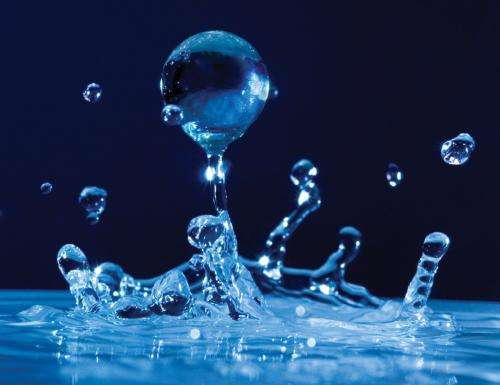Water information standards aid water management.
A new water information standard has been announced today by the international standards body Open Geospatial Consortium. Known as WaterML2.0, the new standard will assist in better management of one of our most valuable natural resources.
CSIRO and the Bureau of Meteorology led the development of the new international water information exchange standard, which has already been adopted by a number of organisations, including the United States Geological Survey, KISTERS, Deltares, San Diego Supercomputer Center (University of California) and GeoConnections - Natural Resources Canada.
The chair of the Water ML2.0 Standards Working Group, CSIRO project leader Peter Taylor, said the implementation of the international standard will drive huge improvements in data sharing capability.
"A major barrier to countries fully understanding their available fresh water resources is the broad range of systems that measure and store water information," Mr Taylor said.
"This lack of data standardisation has greatly limited efficient data exchange between water management authorities. This is set to change once major software vendors and government agencies that manage water information adopt WaterML2.0.
"We have explored a number of scenarios that demonstrate the sorts of problems that can be addressed. These included exchanging groundwater information across the US-Canada border to improve management of cross-border aquifers, exchanging surface water data between countries along the River Rhine, calculating run-off to oceans and producing real-time water forecasts," Mr Taylor said.
Bureau of Meteorology Deputy Director – Climate and Water, Dr Dasarath Jayasuriya, welcomed the announcement of Water ML2.0.
"This is a great outcome for the Water Information Research and Development Alliance between the Bureau and CSIRO, and demonstrates the value of collaboration in science.
"In Australia, WaterML2.0 will be used to guide development of the second version of the Water Data Transfer Format, which is designed to help the Australian water industry share data with the Bureau.
"This will enable the Bureau to efficiently ingest and process water data and provide it to the community in a timely manner. Using these standards will significantly improve the quality and comparability of the water data the Bureau publishes," Dr Jayasuriya said.
Provided by CSIRO






















